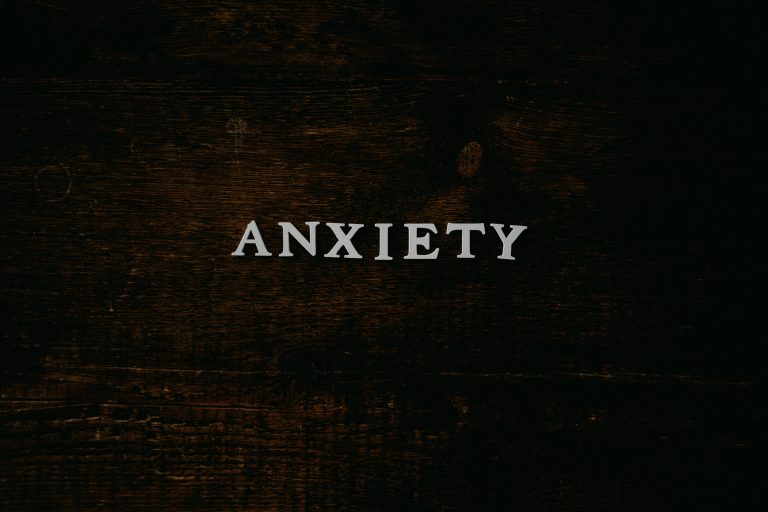Substance Abuse Disorder (Suboxone And MAT Treatments Virtual Care)

Substance abuse disorder is a complex and challenging condition affecting millions worldwide. The opioid epidemic has only exacerbated the problem, with more and more people struggling with addiction to prescription painkillers and other drugs. Medication-assisted treatment (MAT) has become a critical component in addressing this problem, offering a comprehensive approach to substance abuse recovery that combines medication with behavioral therapy and support.
In this post, we’ll explore the benefits of virtual MAT treatments for substance abuse disorder and the role of Suboxone in managing opioid addiction. We’ll also discuss the challenges and opportunities of virtual substance abuse treatment and how it shapes the future of substance abuse recovery.
What Is MAT And How Does It Work In Treating Substance Abuse Disorder?
Medication-Assisted Treatment (MAT) is a comprehensive approach to treating substance abuse disorder that combines medication with behavioral therapy and support. MAT aims to help individuals overcome addiction by reducing withdrawal symptoms, curbing drug cravings, and improving overall health and functioning. MAT typically involves the use of FDA-approved medications, such as methadone, buprenorphine (Suboxone), and naltrexone, that are prescribed and monitored by a healthcare professional, like Empire Psychiatry. These medications help manage withdrawal symptoms and drug cravings, allowing individuals to focus on recovery’s behavioral and psychological aspects.
In addition to medication, MAT includes counseling, therapy, and other forms of behavioral support, which are crucial components in helping individuals overcome addiction and achieve long-term recovery. This comprehensive approach addresses addiction’s physical, psychological, and social aspects, making it an effective tool for treating substance abuse disorders.
The Role Of Suboxone In Treating Substance Abuse Disorder
Suboxone is a medication used to treat substance abuse disorder, specifically for opioid addiction. It’s a naloxone and buprenorphine combination. It is prescribed and monitored by healthcare professionals, such as Empire Psychiatry, as part of a comprehensive MAT program. Buprenorphine is a partial opioid agonist, meaning it binds to the same receptors in the brain as opioids but reduces withdrawal symptoms and drug cravings to a lesser extent. Naloxone is an opioid antagonist which blocks the effects of opioids and helps to prevent abuse and misuse of the medication.
The use of Suboxone in treating substance abuse disorder has been displayed to be effective in bringing down opioid use, enhancing overall health and functioning, and reducing the risk of overdose and death. It is an important tool in the continuum of care for individuals with opioid addiction. When combined with behavioral therapy and support, it can improve the chances of long-term recovery.
The Benefits Of Virtual Care In MAT Treatment For Substance Abuse Disorder
Virtual care has become an increasingly popular option for individuals seeking treatment for substance abuse disorder, including those participating in MAT programs. Virtual care allows for delivering MAT services through telemedicine platforms, including medication management, behavioral therapy, and support. This approach offers several benefits for individuals seeking treatment for substance abuse disorder.
Virtual care’s key benefits in MAT treatment are increased accessibility and convenience. Individuals can receive care from the comfort of their own homes, reducing the need for transportation and minimizing exposure to potentially triggering environments. Virtual care also eliminates the need for in-person visits, reducing wait times and increasing the availability of services.
Another benefit of virtual care in MAT treatment is improved continuity of care. Individuals can have regular and consistent access to their healthcare team, allowing for close progress monitoring and the ability to address any issues or concerns in real-time. Virtual care also allows for greater collaboration between healthcare providers, improving the coordination of care and leading to better outcomes for individuals.
Overcoming Barriers To Accessing Virtual MAT Treatment For Substance Abuse Disorder
Access to virtual MAT treatment for substance abuse disorder is increasingly important in the current healthcare landscape. However, there are still barriers that prevent some individuals from accessing these services. Overcoming these barriers is crucial in ensuring all individuals have access to the care they need to overcome substance abuse disorder.
One of the primary barriers to accessing virtual MAT treatment is technology access and literacy. Many individuals may need access to a computer or smartphone or gain the skills necessary to use telemedicine platforms. Providing education and resources to help individuals overcome these barriers is essential in increasing access to virtual MAT treatment.
Another barrier is insurance coverage. Not all insurance plans cover virtual MAT treatment, and some individuals may not have insurance. Addressing these coverage issues by advocating for expanded insurance coverage for virtual MAT treatment and providing resources for individuals to access affordable care is important in overcoming this barrier.
Finally, the stigma surrounding substance abuse disorder and MAT treatment can also be a barrier to accessing care. Providing education and resources to reduce stigma and increase understanding of MAT treatment’s benefits can help overcome this barrier and ensure that all individuals have access to the care they need to overcome substance abuse disorder.
Conclusion
Suboxone and MAT are effective treatments for substance abuse disorder, and virtual care provides a flexible and convenient option for individuals seeking treatment. If you or someone you know is seeking treatment for substance abuse disorder, we encourage you to reach out for help. Our team of healthcare professionals is here to support you on your journey to recovery. Contact us today to learn more about our virtual MAT treatment options and how we can help you overcome substance abuse disorder.


